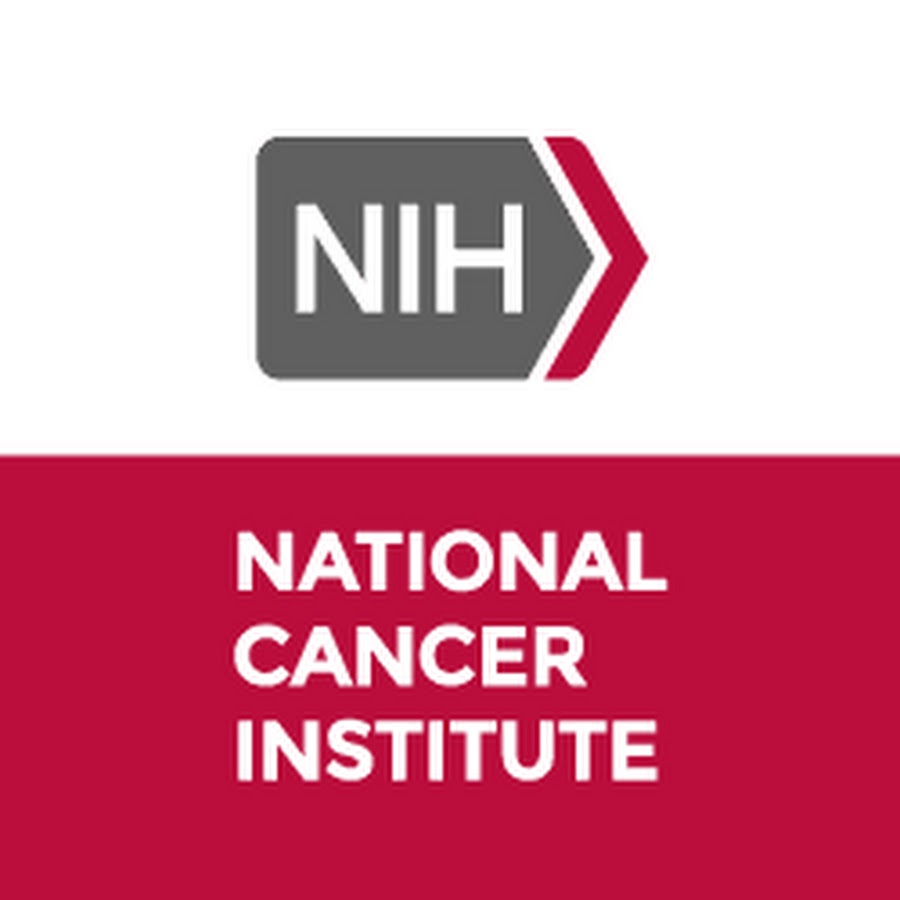
Childhood Bladder Cancer
Children treated with certain chemotherapy drugs or alkylating agents, including cyclophosphamide, ifosfamide, busulfan, and temozolomide, experience an increased risk of bladder cancer. Survivors of heritable

Children treated with certain chemotherapy drugs or alkylating agents, including cyclophosphamide, ifosfamide, busulfan, and temozolomide, experience an increased risk of bladder cancer. Survivors of heritable
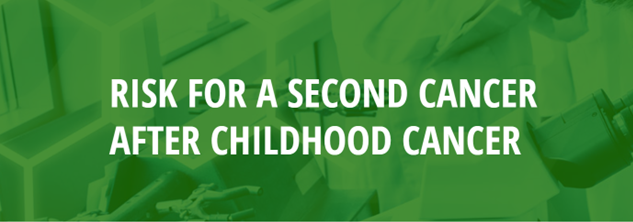
Research has shown that the risk for a second cancer is slightly higher for childhood cancer survivors than the risk for cancer in people of
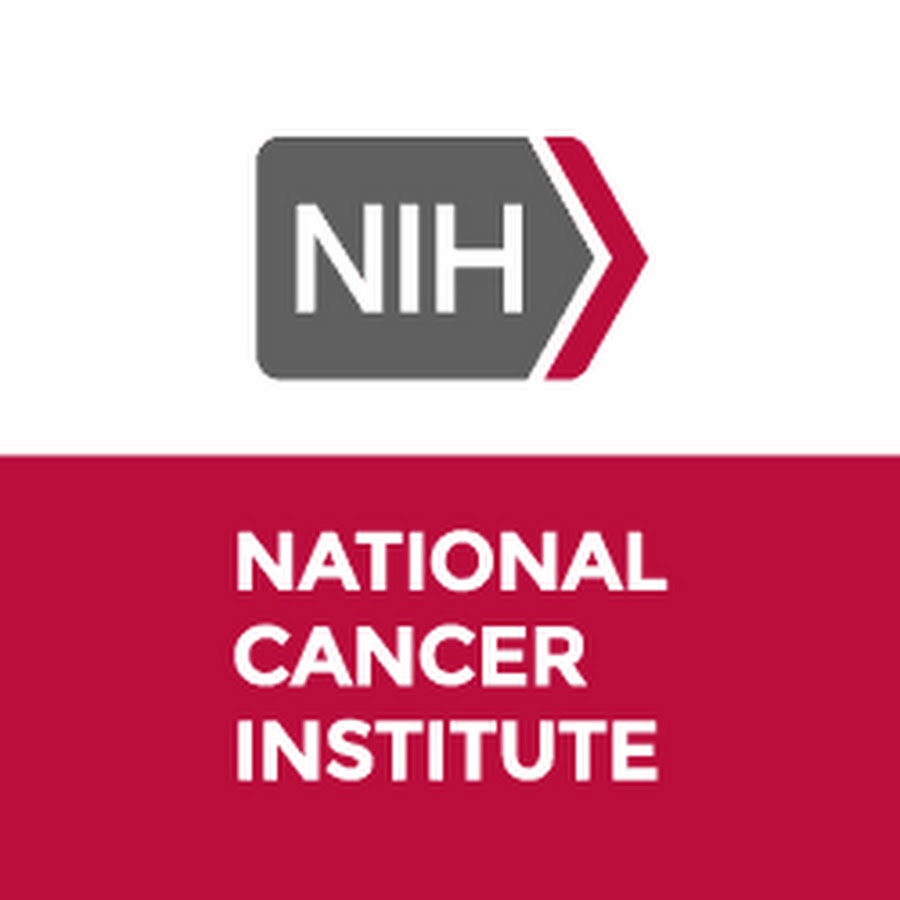
This resource provides highly respected, evidence-based knowledge about childhood cancers and includes a section on Second Cancers. It summarizes the topic and contains current information
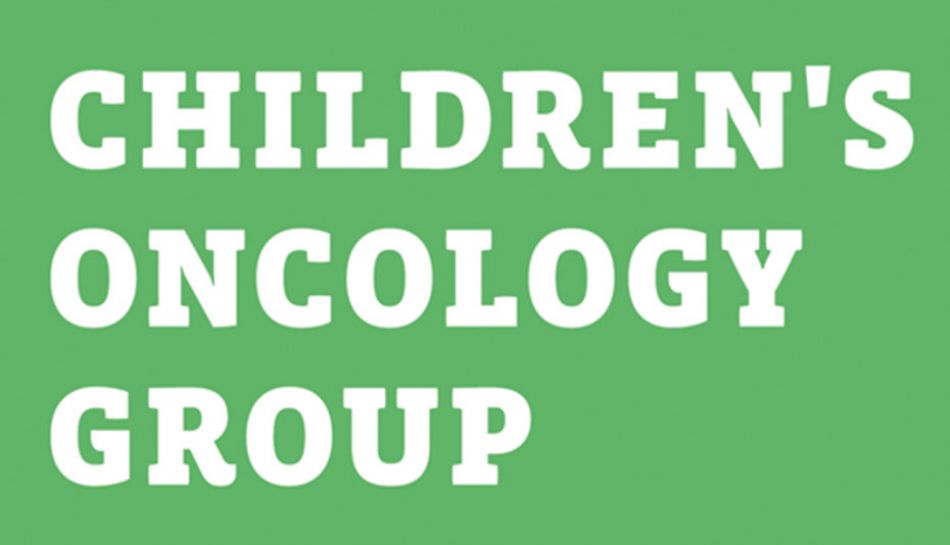
As childhood cancer survivors become older, they have a slightly higher risk of developing (a second) cancer than people their age in the general population.

Women treated with radiation to the chest for cancer during childhood, adolescence, or young adulthood have an increased risk of developing breast cancer as they
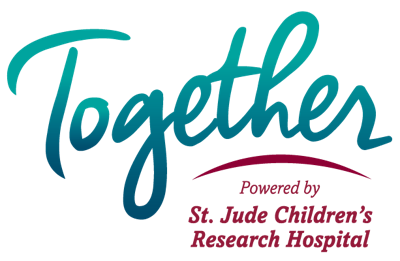
Some childhood and AYA cancer survivors have a higher risk of developing breast cancer. This resource examines various risk factors and breast cancer screening guidelines.

Specific childhood cancer treatments influence the risk of developing colorectal cancer. It is important to understand the risk so that vulnerable survivors can closely monitor

Some childhood cancer treatments may increase the risk of developing colorectal cancer – colon and/or rectum cancer. This resource provides an overview of risk factors

This resource provides an overview of the importance of skin to the human body and the vulnerabilities of childhood cancer survivors. Treatments can sometimes cause

Although rare, some pediatric cancer treatments can cause another cancer to develop later in life. For survivors, skin cancer is the most common of these